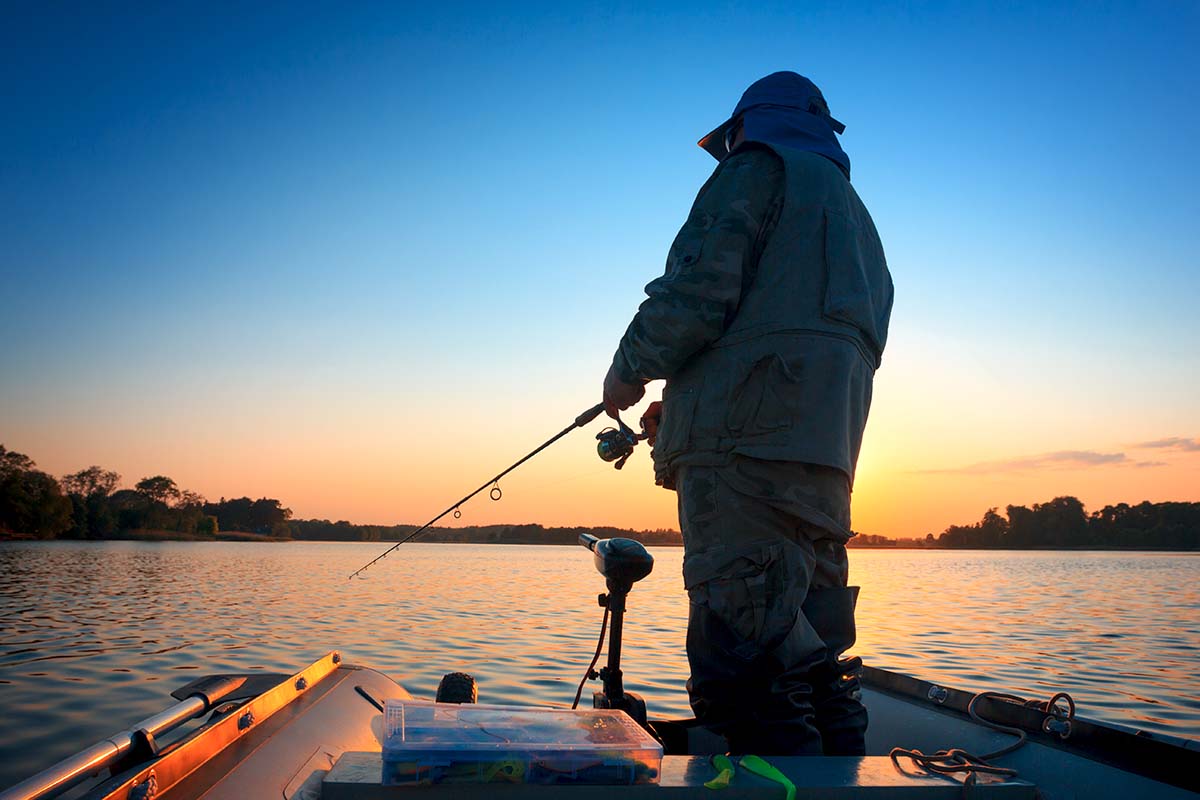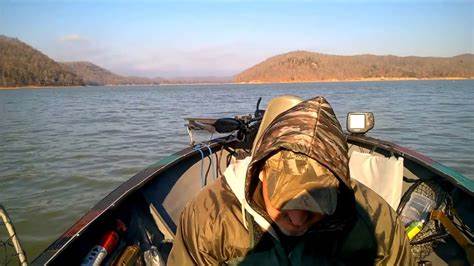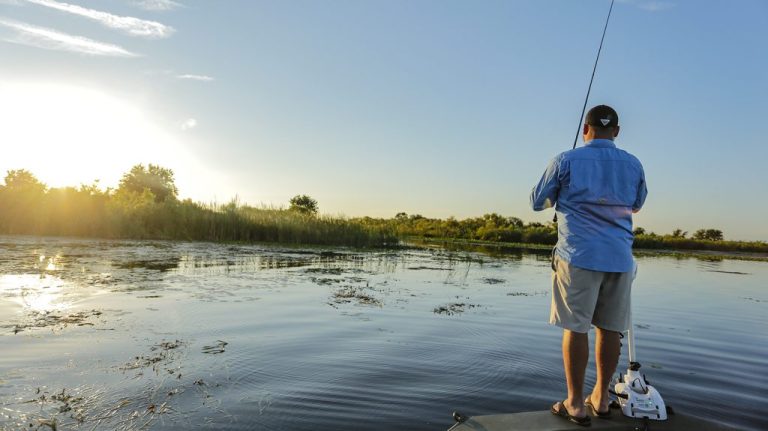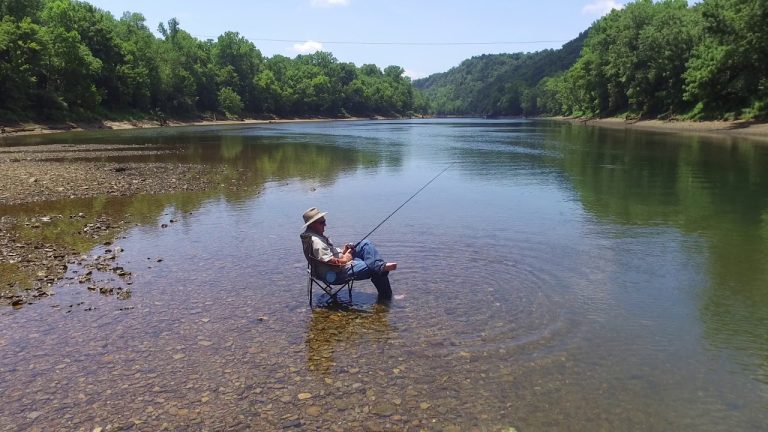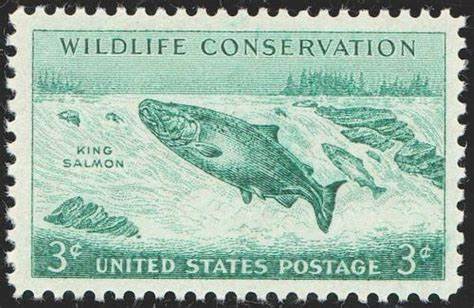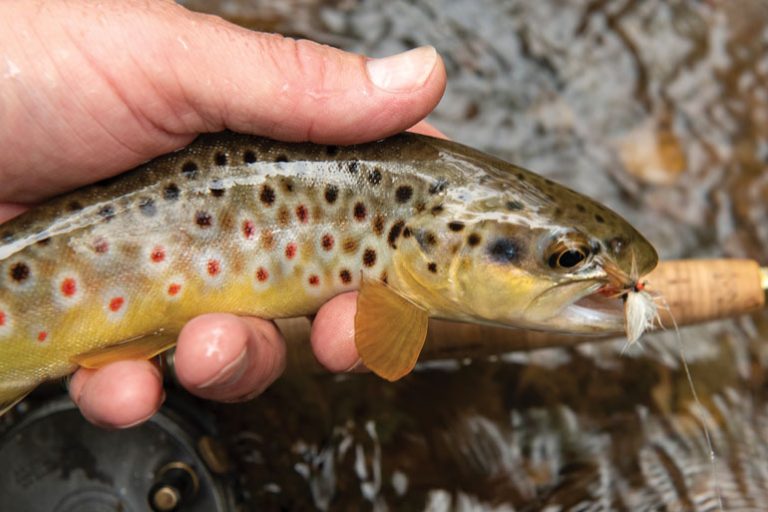Alabama’s diverse waterways offer anglers a wealth of fishing opportunities, from the Gulf Coast’s saltwater bounty to the freshwater havens of lakes and rivers. However, before casting your line, it’s crucial to understand the importance of obtaining a valid fishing license. Fishing without proper documentation in Alabama can lead to serious consequences, including substantial fines and legal repercussions. This comprehensive guide explores the ramifications of unlicensed fishing and provides essential information on obtaining the appropriate permits.
Understanding Alabama’s Fishing License Requirements
Fishing licenses in Alabama serve a vital purpose beyond mere bureaucratic formality. They play a crucial role in supporting the state’s conservation efforts and maintaining healthy fish populations. The revenue generated from license sales directly funds the Alabama Department of Conservation and Natural Resources (ADCNR), the agency responsible for managing and protecting the state’s fisheries.
Who Needs a Fishing License?
In general, anyone 16 years or older who fishes in Alabama’s public waters must possess a valid fishing license. This requirement applies to both residents and non-residents of the state. However, there are some exceptions:
- Senior Anglers: Alabama residents aged 65 or older are exempt from needing a fishing license. They must carry proof of age and residency while fishing.
- Youth Anglers: Children under 16 can fish without a license, making it an excellent opportunity to introduce young ones to the sport.
- Cane Pole Fishing: Residents fishing with a cane pole in their county of residence don’t require a license. This exception applies only to cane pole fishing and not to other methods.
- Active Military Personnel: Active military personnel on leave in Alabama may fish without a license upon providing proof of their status.
Types of Alabama Fishing Licenses
Alabama offers various fishing licenses to cater to diverse angler needs:
| License Type | Validity | Applicability |
|---|---|---|
| Annual Freshwater | 1 year from purchase | Public freshwater areas |
| Annual Saltwater | 1 year from purchase | Saltwater areas (e.g., Gulf of Mexico, Mobile Bay) |
| Seven-Day | 7 consecutive days | Both freshwater and saltwater |
| Lifetime | Lifetime of holder | Available to Alabama residents only |
| Pier Fishing | Varies | Specific to designated public fishing piers |
| Disabled | 1 year from purchase | Discounted for qualifying residents |
The Consequences of Fishing Without a License
Fishing without a valid license in Alabama is a serious offense classified as a Class C misdemeanor. The consequences can be severe and far-reaching:
1. Fines and Court Costs
Violators face a minimum fine of $100 plus court costs. These fines can escalate quickly, especially for repeat offenders or those caught engaging in more severe violations. The total financial burden can be substantial, often exceeding the cost of purchasing a license many times over.
2. Legal Proceedings
Individuals caught fishing without a license may be required to appear in court within 30 days of the citation. This process can be time-consuming and stressful, potentially resulting in:
- Additional legal fees
- Time away from work or family obligations
- A permanent record of the offense
3. Equipment Confiscation
Conservation officers have the authority to confiscate fishing equipment from those caught without a valid license. This can include:
- Rods and reels
- Tackle boxes
- Bait and lures
- Any fish caught illegally
Losing your fishing gear not only disrupts your current outing but can also lead to significant replacement costs.
4. License Suspension
Repeat offenders may face license suspension for up to one year. This means being barred from legally fishing in Alabama for an extended period, depriving you of the enjoyment and relaxation that comes with the sport.
5. Impact on Future Licensing
A history of fishing violations can affect your ability to obtain licenses in the future, both in Alabama and potentially in other states through reciprocal agreements.
The Importance of Fishing Licenses for Conservation
Understanding why fishing licenses are necessary can help anglers appreciate their value beyond mere legal compliance. License sales support critical conservation efforts, including:
- Fish Stocking Programs: The ADCNR uses license funds to stock lakes, rivers, and streams with popular game fish species, ensuring a thriving and sustainable fishing environment.
- Habitat Restoration and Enhancement: Revenue supports projects aimed at restoring and enhancing fish habitats, such as creating artificial reefs, improving water quality, and protecting spawning areas.
- Research and Monitoring: Ongoing research and monitoring of fish populations help assess their health, track trends, and inform management decisions.
- Access Improvements: License sales help maintain and improve public access to fishing areas, including boat ramps, fishing piers, and shoreline access points.
- Educational Programs: The ADCNR offers educational initiatives to promote responsible angling practices, conservation ethics, and youth involvement in fishing.
How to Obtain an Alabama Fishing License
Obtaining a fishing license in Alabama is a straightforward process with several convenient options:
Online Purchase
The easiest method is through the official ADCNR website. This 24/7 service allows you to purchase and print your license immediately.
Retail Locations
Many sporting goods stores, bait and tackle shops, and outdoor retailers sell fishing licenses. Popular options include:
- Walmart
- Dick’s Sporting Goods
- Academy Sports + Outdoors
County Probate Offices
Most county probate offices in Alabama sell fishing licenses during regular business hours.
ADCNR Offices
Select Alabama Department of Conservation and Natural Resources offices offer in-person license sales and can provide expert guidance on fishing regulations.
When purchasing your license, be prepared to provide:
- Full name
- Address
- Date of birth
- Valid form of identification
Tips for Responsible Angling in Alabama
Beyond obtaining a valid license, responsible angling involves:
- Familiarizing yourself with local regulations: Fishing limits, seasons, and restricted areas can vary by location and species.
- Practicing catch and release: When appropriate, this helps maintain fish populations for future generations.
- Using proper fishing techniques: Minimize harm to fish you intend to release by using appropriate hooks and handling methods.
- Respecting the environment: Properly dispose of fishing line, bait containers, and other waste to protect wildlife and preserve the beauty of Alabama’s waterways.
- Reporting violations: If you witness illegal fishing activities, report them to the Alabama Wildlife and Freshwater Fisheries Division.
Conclusion: The Value of Compliance
Fishing in Alabama’s abundant waters is a privilege that comes with responsibilities. By understanding the consequences of fishing without a license and following the state’s requirements, anglers can enjoy their time on the water while supporting critical conservation efforts and avoiding legal troubles.
Remember, the cost of a fishing license is a small investment compared to the potential fines and the valuable role it plays in preserving Alabama’s rich fishing heritage. Before you cast your line, ensure you have the appropriate license in hand. Not only will you be contributing to the protection and enhancement of Alabama’s fisheries, but you’ll also be setting an example of responsible angling for others to follow.
Now that you’re armed with knowledge about Alabama’s fishing license requirements and the consequences of non-compliance, it’s time to gear up, purchase your license, and embark on an unforgettable fishing adventure in the Heart of Dixie!
Can I fish in Alabama with a fishing license from another state?
No, Alabama does not have reciprocal agreements with other states regarding fishing licenses. To fish legally within Alabama’s borders, you must obtain an Alabama fishing license specific to the type of fishing you plan to do (freshwater or saltwater).
Do I need separate licenses for freshwater and saltwater fishing?
Yes, Alabama requires separate licenses for freshwater and saltwater fishing. If you plan to fish in both types of waters, you’ll need to purchase both licenses. This ensures that the funds generated from each license type are allocated appropriately to support the specific conservation efforts in those respective areas.
What should I do if I lose my fishing license?
If you misplace or lose your fishing license, don’t worry! You can easily obtain a replacement license online, at a retail location, or through a county probate office. There may be a small fee associated with the replacement license, but it’s a small price to pay for the peace of mind and legal compliance.
Are there any size or catch limits I need to be aware of?
Yes, Alabama has specific size and catch limits in place for various fish species. These regulations are designed to promote sustainable fishing practices and ensure the long-term health of fish populations. Before heading out on your fishing adventure, take a moment to familiarize yourself with the current regulations, which can be found on the Alabama Department of Conservation and Natural Resources website.



